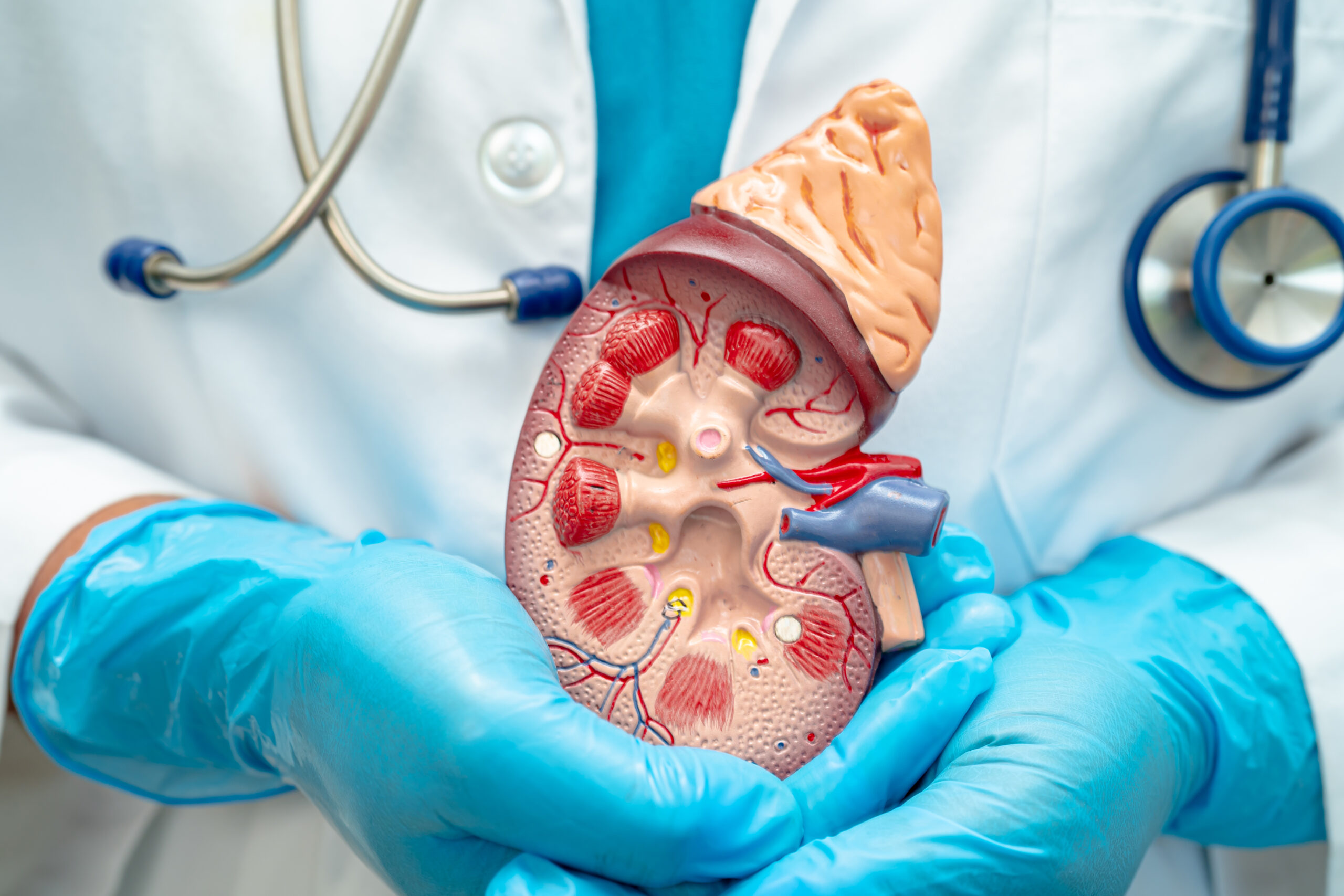Adderall, a medication commonly prescribed for attention deficit hyperactivity disorder (ADHD) and narcolepsy, is known for its effectiveness in improving focus and controlling behavior. However, as with any medication, it’s important to understand its potential side effects, particularly concerning long-term health. One frequently asked question is, “Does Adderall affect your kidneys?”
Understanding Adderall and Its Mechanism
Adderall is a combination of amphetamine and dextroamphetamine, which are central nervous system stimulants. These substances work by increasing the levels of certain neurotransmitters in the brain, primarily dopamine and norepinephrine. This boost in neurotransmitters helps improve attention, focus, and impulse control, making Adderall an effective treatment for ADHD and narcolepsy.
Potential Side Effects of Adderall
Like any medication, Adderall can have side effects. Common side effects include insomnia, dry mouth, loss of appetite, and increased heart rate. More serious side effects can also occur, such as cardiovascular issues and mental health concerns like anxiety and depression. While these are well-documented, the potential impact of Adderall on kidney health is less frequently discussed.
How Adderall May Affect the Kidneys
Direct Impact on Kidneys
There is limited research directly linking Adderall use to kidney damage. However, some studies suggest that the stimulant nature of the drug can cause various physiological changes that might indirectly affect kidney function. These include increased blood pressure and dehydration, both of which can put additional strain on the kidneys over time.
Dehydration
One of the side effects of Adderall is dry mouth and reduced appetite, which can lead to decreased fluid intake. Dehydration can significantly impact kidney function, as the kidneys rely on an adequate supply of water to filter waste products from the blood. Chronic dehydration can potentially lead to kidney stones and other renal issues.
Increased Blood Pressure
Adderall can also cause an increase in blood pressure. Prolonged periods of high blood pressure can damage the blood vessels in the kidneys, impairing their ability to filter blood effectively. This condition, known as hypertensive nephropathy, can lead to chronic kidney disease if not managed properly.
Preventing Kidney Damage While Taking Adderall
If you are prescribed Adderall, it’s essential to take steps to protect your kidney health. Here are some tips:
Stay Hydrated
Ensure you drink plenty of water throughout the day. Staying hydrated helps your kidneys function properly and reduces the risk of kidney stones.
Monitor Blood Pressure
Regularly check your blood pressure and consult with your doctor to manage any increases. Lifestyle changes, such as a balanced diet and regular exercise, can help keep your blood pressure in check.
Follow Prescribed Dosages
Always take Adderall exactly as prescribed by your doctor. Do not increase the dose without consulting your healthcare provider, as higher doses can increase the risk of side effects, including those that may affect the kidneys.
Regular Medical Checkups
Schedule regular checkups with your healthcare provider to monitor your overall health, including kidney function. Blood tests and urine tests can help detect any early signs of kidney damage.
While there is no conclusive evidence directly linking Adderall to severe kidney damage, the drug’s side effects, such as dehydration and increased blood pressure, can indirectly impact kidney health. By staying hydrated, monitoring blood pressure, and following medical advice, individuals taking Adderall can help mitigate potential risks to their kidneys. Always consult your healthcare provider if you have any concerns about the effects of Adderall on your health.
